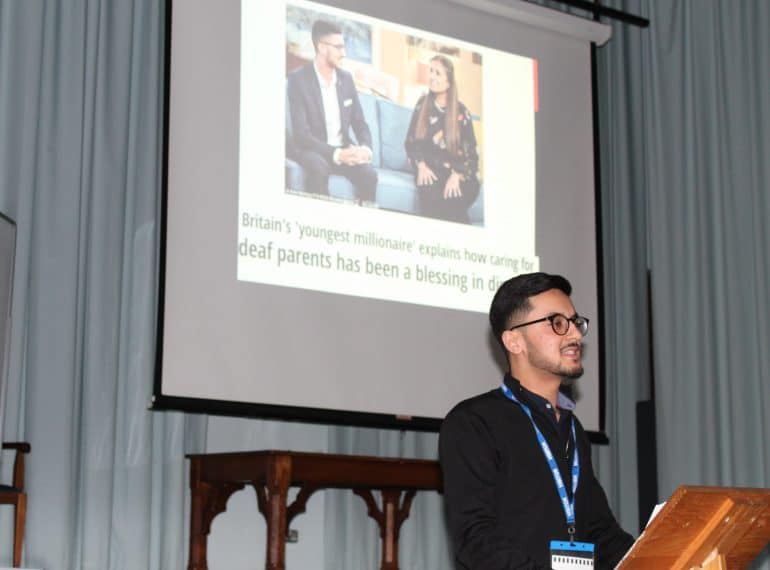
Teenage entrepreneur Akshay Ruparelia returned to the School to pass on to current pupils some of the keys to his success with his online estate agency.
Having raised £500,000 through an initial investment and subsequent crowd-funding, Doorsteps.co.uk emerged in the autumn as the country’s 18th biggest estate agency, with a valuation of £12m. The story made headlines in a number of national media, with the Daily Mirror citing Akshay’s belief that, at 19, he was the country’s youngest self-made millionaire.
On his visit to QE, Akshay (OE 2009–2016) explained that he had been motivated to start the company by a desire for financial freedom. His parents, a care worker and a teaching assistant, are both deaf, so in addition to the customary demands on a QE boy’s time, he had faced the additional requirements of caring for them.
As a result, he learned ‘vigour and tenacity’, he told the boys, as well as developing empathy and acquiring skills in time-management.
While at School, he proved to himself and to investors that his dreams were viable by selling his first house during his A-level studies. In the end, he decided to defer going to university in order to pursue the opportunity of growing the business.
The road to success was not without its twists and turns, however. Akshay created and scrapped multiple businesses, all of which helped him improve the Doorsteps online offering. His age presented challenges when it came to seeking funding, but he was determined to regard his youth as meaning that he had less ‘baggage’, rather than less credibility.
He outlined a number of important elements in his success:
-
- A service focus, inspired by the example of Steve Jobs with Apple
-
- A strong work ethic – an attribute he ascribes to the struggles he faced in coping with the dual demands of a QE education and his family
-
- A shock factor – like Ryanair, he aimed to attract attention.
“All I put into it was passion, hard work and belief,” said Akshay, adding that he was fortunate to be a grounded person blessed with a good family.
The key lessons he had learned were:
-
- Never stop learning
-
- Embrace family and friends
-
- Don’t fear failure
-
- Work hard (something he had learned at QE)
-
- Do something you have a passion for
-
- Take every opportunity that comes your way, even if it is something you don’t necessarily know how to do: it is better to take the opportunity and learn from it, rather than passing up something that could have changed your life.
In a question-and-answer session with the boys, Akshay enlarged on several of his themes. The deep focus on service, with an aim of combining the customer service appeal of High Street agencies with the cost savings offered by websites, had led to his company now being one of the highest-rated estate agency sites. Late nights and early-morning work had enabled him to start the company by himself.
Reflecting on his time at the School, Akshay wished that he could have been more involved in extra-curricular activities.

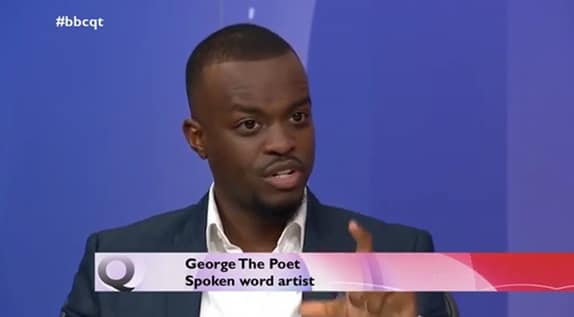
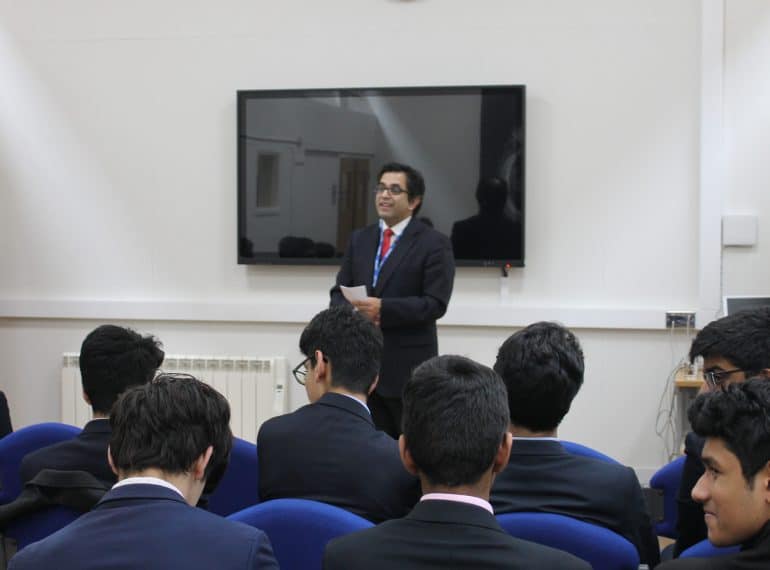
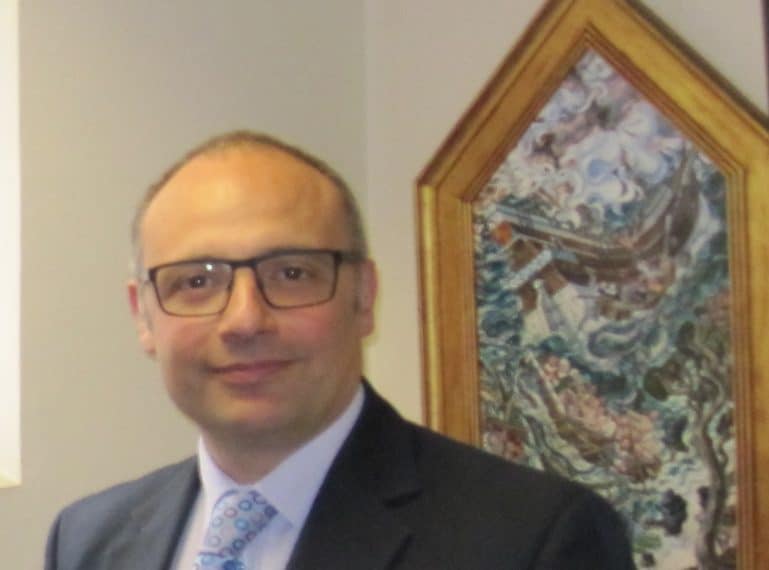
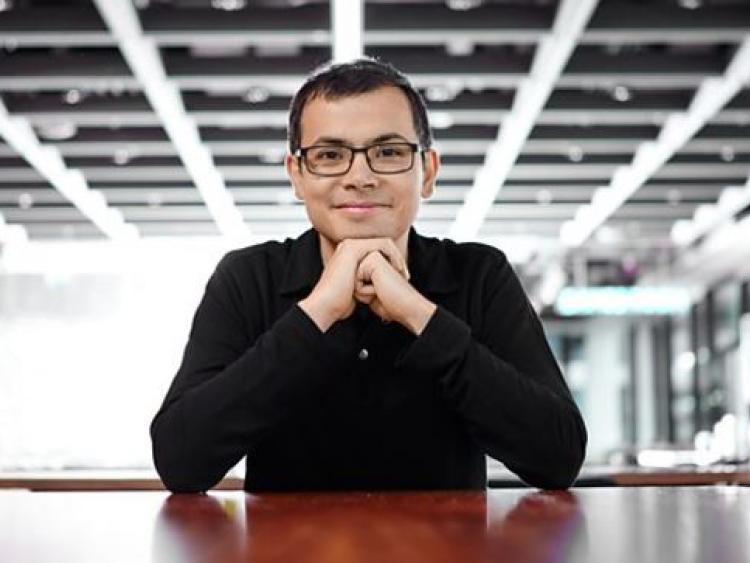
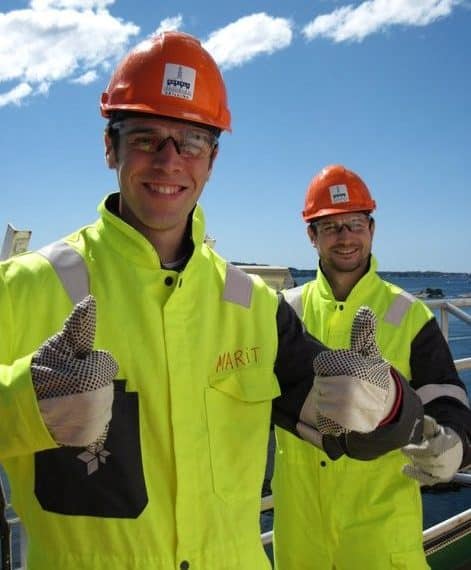
 His fascination for geology first took root while he was studying it as part of his Geography GCSE. “Whilst I was studying for my A-levels, I discussed this interest with a number of teachers, who helped me identify ways of exploring the discipline further outside of QE. I took it upon myself, with help from others, to go to local geological societies to explore more about the subject.”
His fascination for geology first took root while he was studying it as part of his Geography GCSE. “Whilst I was studying for my A-levels, I discussed this interest with a number of teachers, who helped me identify ways of exploring the discipline further outside of QE. I took it upon myself, with help from others, to go to local geological societies to explore more about the subject.” He then worked for a coal-mining company based in Australia for a year, before taking an internship with Statoil in Norway. In 2009, Nicholas returned to education to study for a PhD at Imperial College London, which he completed four years later.
He then worked for a coal-mining company based in Australia for a year, before taking an internship with Statoil in Norway. In 2009, Nicholas returned to education to study for a PhD at Imperial College London, which he completed four years later.